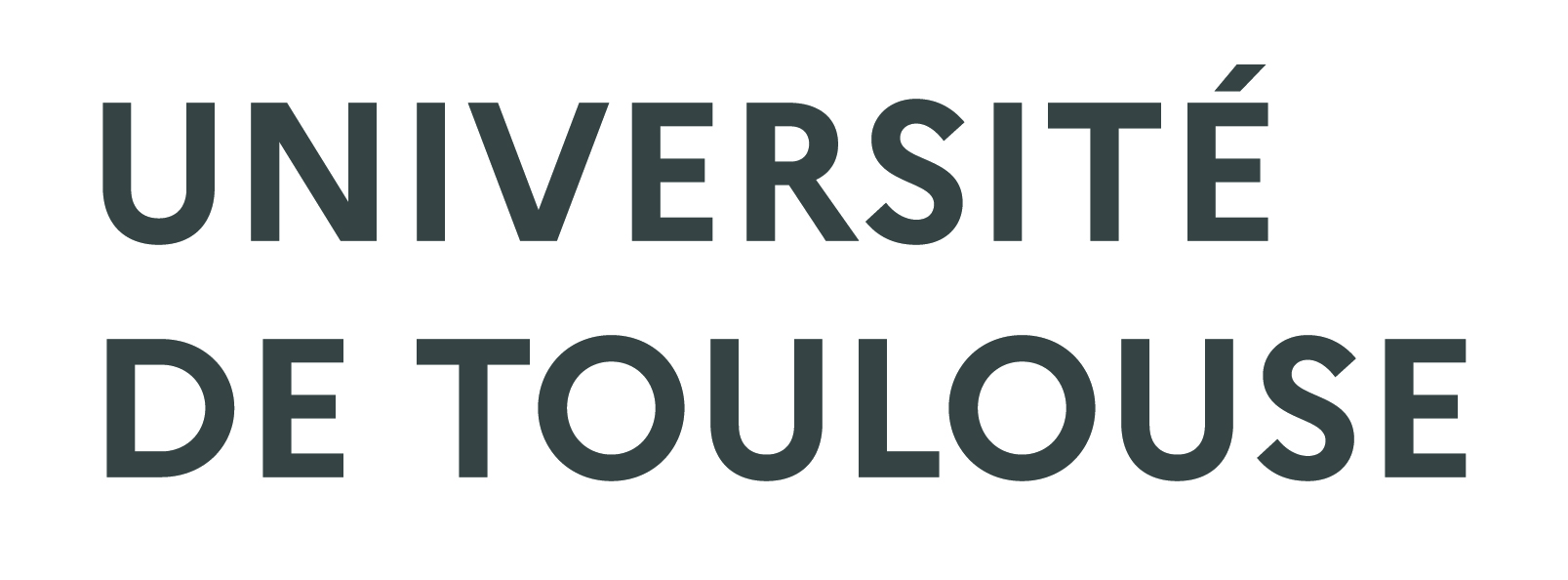Off-line PWM control with a three phases relaxed symmetry applied to a two-level inverter
Résumé
To control static converters, several Pulse Width Modulation (PWM) was proposed. Their aim was to achieve a specific minimisation by choosing the inverter switching angles. Optimal pulse patterns could be obtained considering classic symmetries on a single leg. Also known as Quarter Wave Symmetry (QWS) , Half Wave Symmetry or Full Wave Symmetry (FWS). By this way the angles on each leg can be easily deduced from the solution of the first leg, it is also known that the harmonics multiple of three are systematically removed. In this work, any symmetry is considered and simulation results are provided according to this new strategy based on relaxation symmetry. Evaluation is done with four objectives functions Weighted Total Harmonic Distortion (WTHD) and three types of electric motor models. According to the models, the new strategy is compared to the case where the symmetries (QWS,HWS and FWS) are considered. In the motor models is computed efficiency, which includes switching and conduction losses inside the legs of the inverter. Models and methods was evaluated in simulation with arbitrary parameters.
Fichier principal
 BourgeadeA_GhanesM_FadelM-BouarfaA_BarbotJP_2021.pdf (491.83 Ko)
Télécharger le fichier
BourgeadeA_GhanesM_FadelM-BouarfaA_BarbotJP_2021.pdf (491.83 Ko)
Télécharger le fichier
| Origine | Fichiers produits par l'(les) auteur(s) |
|---|

